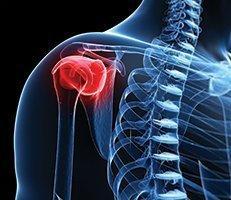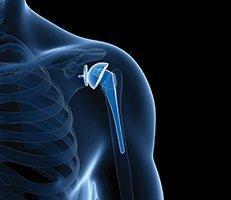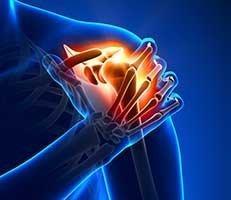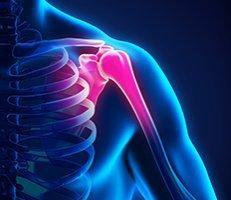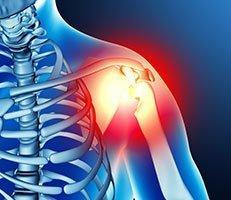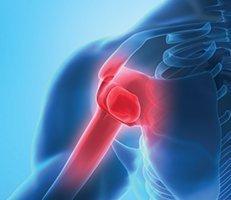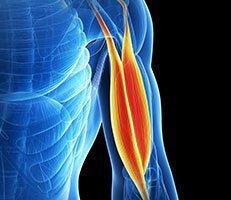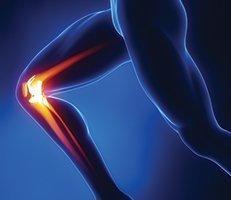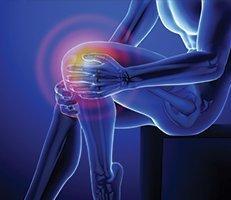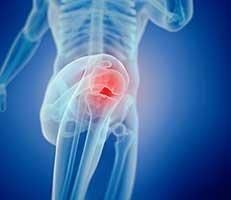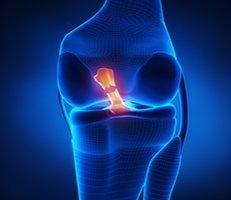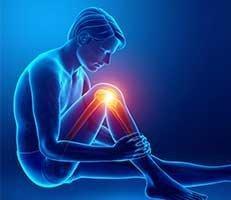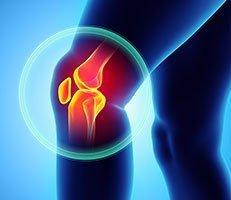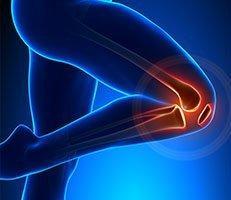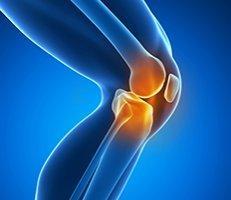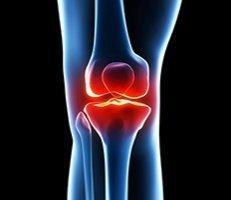The medial collateral ligament (MCL) is found on the medial (inside) part of the knee. It connects the femur to the tibia and allows hinging movement of the knee while preventing excessive side-to-side motion. Injuries (MCL sprain) occur when there is a direct or indirect force that pushes the knee sideways, such as a hit on the outside of the knee or sudden “splits” causing the ankle to be forced outward.
MCL Injury (MCL Sprain Symptoms)
Any injury to the MCL is considered a sprain. MCL sprains are classified as three different sprains, depending on severity:
- First-degree sprains damage only a few ligament fibers.
- Second-degree sprains damage more ligament fibers, but the ligaments are still intact.
- Third-degree sprains involve a complete rupture of the ligament. The trauma involved in this injury may also involve injury to the meniscus or ACL.
Symptoms vary depending on the degree of MCL sprain:
- First-degree sprains result tenderness when spot of injury is touched. Movements such as sitting down in a chair or standing up may stress the ligament and be painful.
- Second-degree sprains may be more tender when touched and when the ligament is stressed. Swelling of the knee usually occurs within 24 hours.
- Third-degree results in the knee joint becoming unstable and the patient often has difficult with all weight-bearing activity.
Contact Dr. Millstein today if you are suffering from an MCL sprain.

